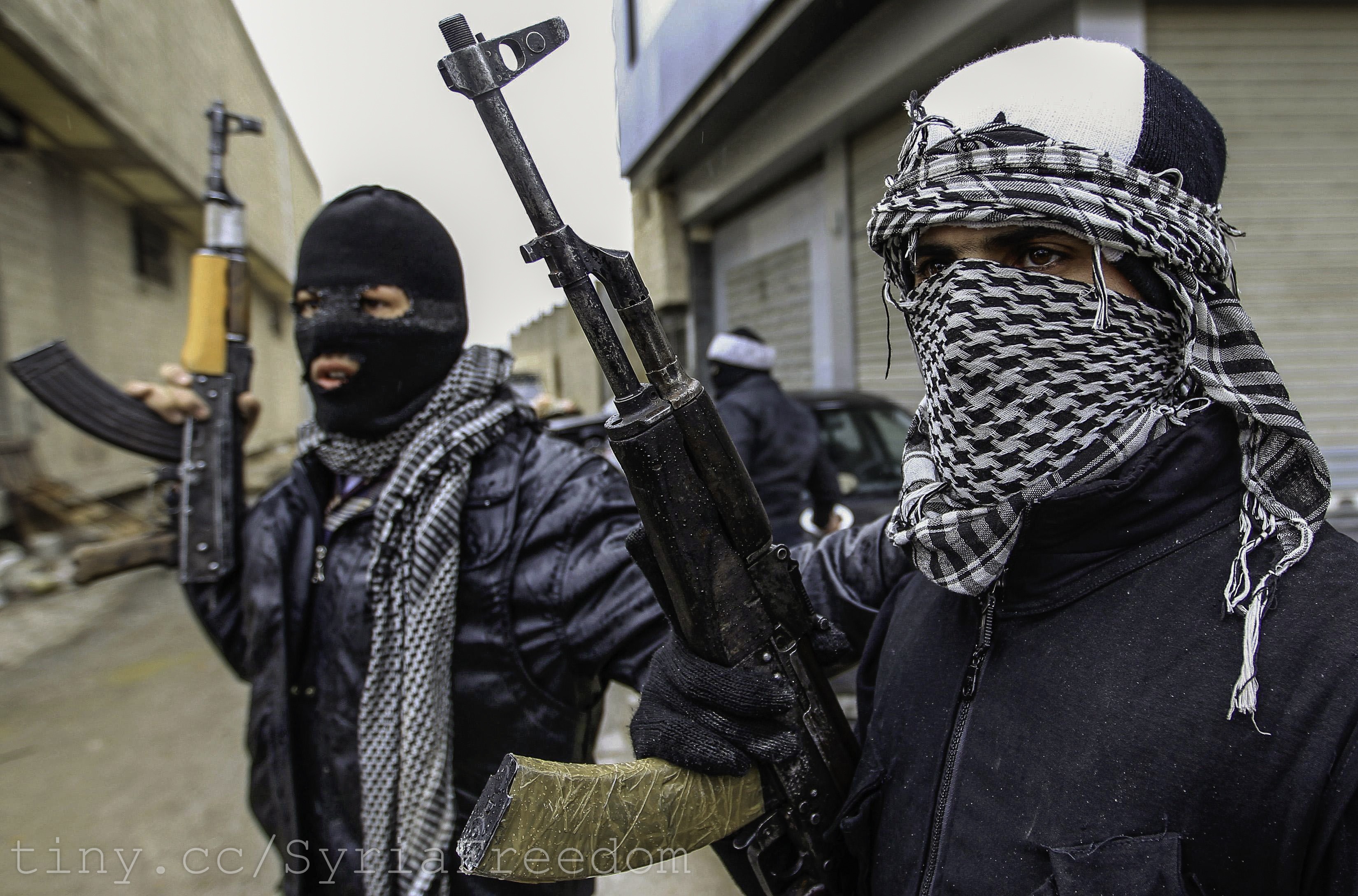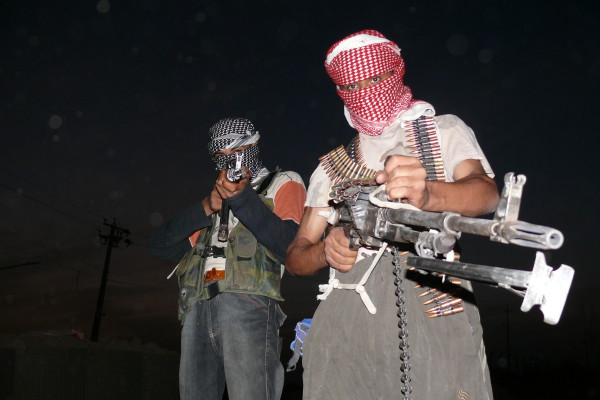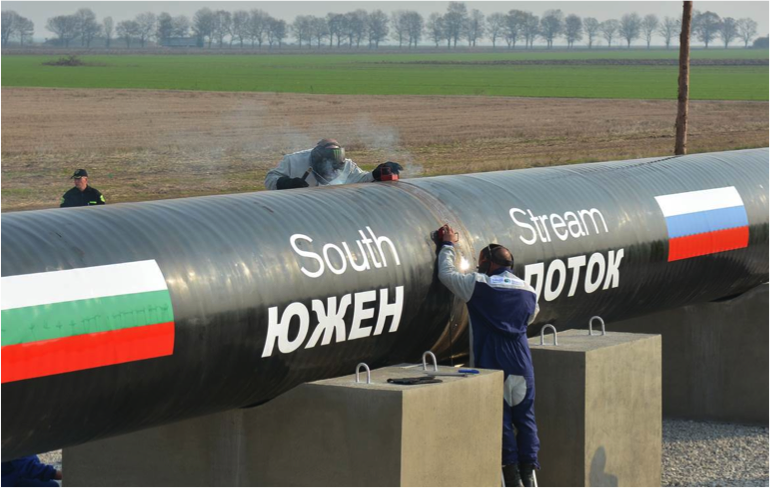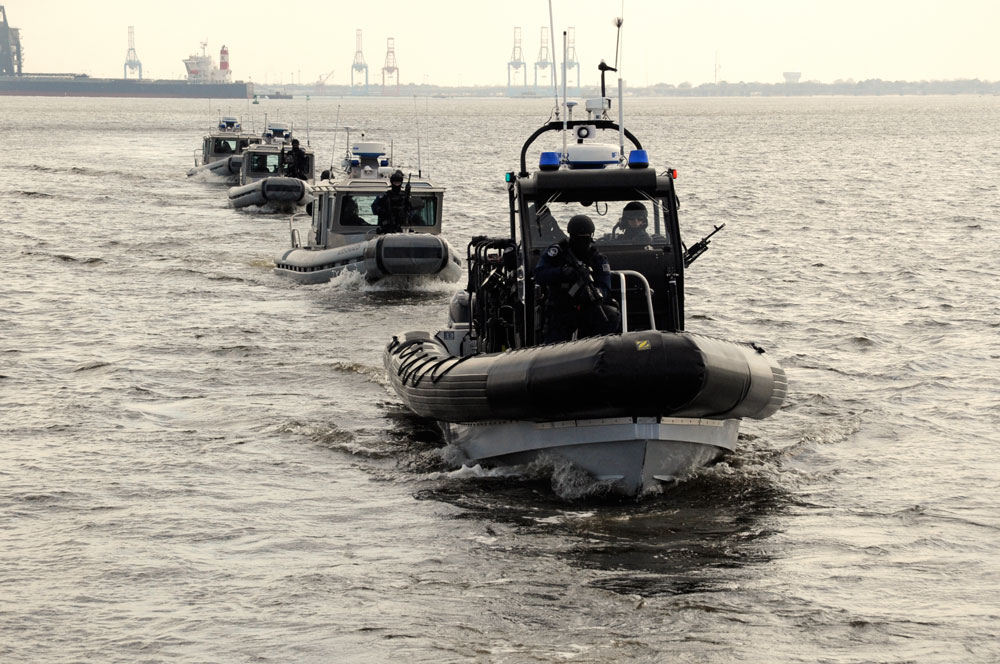“We sit by and watch the barbarian. We tolerate him in the long stretches of peace, we are not afraid. We are tickled by his irreverence…; we laugh. But as we laugh we are watched by large and awful faces from beyond, and on these faces there are no smiles.” Hilaire Belloc
The current conflict in Syria has put one of NATO’s oldest members, Turkey, in a delicate situation where it has had to balance its obligations as a member of the Alliance with its own national interests. In recent months Turkey has been criticized for not doing enough to stop the flow of fighters crossing its borders into Syria to fight for terrorist groups such as the Islamic State (IS). This in turn has raised questions on what role if any Turkey will have in the future of NATO.
In the early stages of the Syrian conflict Turkey, opened its borders to Syrian rebel forces, namely the Free Syrian Army, to fight against the Assad regime. In 2011, Ankara’s policy was that anyone who wanted to fight the Assad regime in Syria could do so through the porous border between the two countries. When the Assad regime, however, did not fall, radical groups such as the al-Qaeda affiliated Jabhat al-Nusra and the Salafist Ahrar al-Sham, as well as IS began to emerge and within a year dominated the Syrian opposition. The open border policy officially ended in mid-2014 but not before a sophisticated smuggling network was established and hundreds of fighters fighting for groups such as IS were allowed to cross the border.
 The fallout of this policy has been that it is now almost impossible for Turkey to go back to a nonporous border as smuggling networks have been established and IS now controls a large portion of the Syrian border with Turkey. There is also the fear that if Ankara cracks down on IS operations along its border there will be retaliation from IS within Turkey. The IS crisis and subsequent Turkish policy has now put Turkey and NATO, on a collision course.
The fallout of this policy has been that it is now almost impossible for Turkey to go back to a nonporous border as smuggling networks have been established and IS now controls a large portion of the Syrian border with Turkey. There is also the fear that if Ankara cracks down on IS operations along its border there will be retaliation from IS within Turkey. The IS crisis and subsequent Turkish policy has now put Turkey and NATO, on a collision course.
While NATO has been building a coalition of partners to combat IS both from the air and on the ground, Turkey has so far done little, at least in the eyes of NATO. Ankara refuses to allow the coalition to launch military strikes from its soil. Its military merely looked on as IS besieged the Kurdish town of Kobani, just across its border. It also negotiated directly with IS in the summer of 2013 for the release of 49 Turks in return for 180 IS fighters who reportedly returned to Syria to fight. Meanwhile the border continues to serve as a transit point for foreign fighters, the transfer of weapons, as well the sale of illegal oil and artifacts.
While Ankara has continually denied that it has played any part in arming Syrian rebels, or assisting hardline Islamists, there have been recent reports of Turkish activities and image and video footage which reportedly show trucks belonging to Turkey’s State intelligence service carrying weapons to rebels in Syria. These types of policies and actions have in return garnered criticism from NATO and specifically the U.S. who believe that Turkey has not done enough to both stop the flow of fighters crossing its border and help with the fight against IS.
In response to the criticism from NATO, Turkey has insisted that it is doing what it can to combat IS and the flow of weapons and fighters through its borders. It claims that undercover security agents at airports, train stations and bus depots search travelers with one way tickets and secretly scrutinize passengers who they think may be going to Syria to fight. Turkish officials also say that while a no-entry list of 10,000 names has been compiled with the help of foreign intelligence agencies, they are still limited because of inadequate intelligence sharing from Western countries.
Ankara has also tried to shift the blame towards Europe, saying that Europeans should try to fix the problem at the root by stopping the demonization of Islam in Europe which they say contributes to radicalization in the first place. A recent statement from a Senior Turkish Foreign Ministry official explained this by saying “I’m not trying to put the blame on others here, everyone is responsible…but those who accuse Turkey of not doing anything should ask what exactly they have done to prevent these people from traveling so freely, or to get radicalized in the first place.” And that Europeans “ultimately end up exporting jihadists to Turkey and then make it appear like this is Turkey’s problem.”
This issue has highlighted a widening rift between Turkey and its Western allies who have begun to question if Turkey, a NATO member can be trusted as a reliable ally in the fight against jihadists in Syria and the wider Middle East. Turkish policy has differed from that of NATO as it has insisted that the only acceptable outcome in the Syrian conflict is the fall of the Assad regime. While Ankara has not directly helped groups such as IS, by allowing the continued flow of weapons and fighters across its border, it has done little to halt its spread. Turkey must reassert its commitment to NATO by working more closely with its allies in the fight against IS and other radical groups. IS has shown that it is willing to bring its savagery to anyone who opposes its twisted views on reality. IS has also promised that it would reach the gates of Rome, so it would be wise for Turkey to remember that the first stop on the road to Rome is Istanbul.






